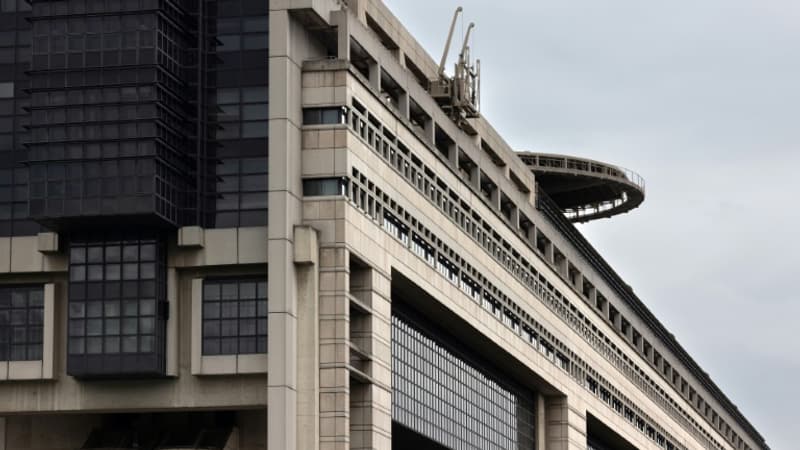The reduction in taxes on production, which since 2021 has meant a tax reduction of 10 billion euros per year for companies, mainly benefited large industrial companies, but did not have a significant macroeconomic effect, according to a study published on Friday, October 17.
The study carried out by the Institute for Public Policies (IPP), in collaboration with the High Commissioner for Strategy and Forecasting, focuses on two emblematic measures introduced in the 2021 and 2022 budgets in the post-Covid recovery plan: the halving of the CVAE rate (contribution to the added value of companies) and the halving of the CFE (contribution to business property) on industrial premises.
The main beneficiaries of this tax cut are the largest, most capital-intensive and most exporting companies, especially in industry, the study notes. Economically, the effects are weak. The IPP indicates an “absence of significant results.” “Overall, the report finds few clear empirical results on the effects of the reform on the activity and investment of the most affected companies,” the study notes.
“Reducing CVAE does not seem to be a priority”
The authors point out that “in business economic activity variables, such as sales, investment and export behavior, the results (of the fall of the CFE) are mixed and do not provide evidence of significant effects, although some results suggest a slightly positive effect on turnover.”
For the CVAE, the observation is even clearer: “The evaluation did not detect any clear significant effect on the company’s results.” These conclusions are published while, after a two-year suspension, the government included in the finance bill for 2026 a resumption of the reduction of the CVAE, scheduling its extinction in 2028.
“This is a measure included in a recovery plan and, therefore, with a fairly short objective horizon,” said another of the authors, Laurent Bach. These reductions have had “a dispersion effect” and have benefited “many people, so it is difficult to expect brutal effects,” he observed, stressing that the advantage obtained by the industry could “be considered an objective in itself.”
Source: BFM TV


